Netflix’s returning series, “Dear White People” revolves around six African-American students attending an elite college who reveal their college is not so post-racial.
The series is timely and does an excellent job depicting people who aren’t of color being ignorant and when it comes to cultural appropriation, situations that are affecting minority groups, upper class privilege and as to how oblivious people can be when it comes to race issues.
The storyline depicts the lives of college students attending a fictional Ivy college; Winchester, Sam, Coco, Reggie, Joelle, Troy and Lionel, and focuses their struggles being black students in a predominantly white environment.
Each character had their own chapter in which their struggles are in the seen through their perspective and how they cope.
Leaving off with last season, Lionel takes a stand and uncovers the college has been accepting funds from donors who are trying to integrate the only black dorm hall, to silence the students in saying they are living in an unwelcoming campus.
Lionel Higgins, played by DeRon Horton, is the quiet introvert journalist, who has yet to figure who he is and where he fits in the chaos.
At the same time, Sam, Reggie, Joelle are outside, protesting the unjust system that is forcing them to give up the only place that allows them to be themselves and be comfortable.
Logan Browning plays Sam White’s character, who is an activist in the black community at her campus.
While Sam is portrayed as a strong, black woman and leader of the Black Student Union, she has her weaknesses and can be narcissistic in believing that everything is about her.
Marque Green plays the character of Reggie Green, the activist tech guy who has found his voice and movement in BSU upon meeting Sam.
Joelle Brooks, played by Ashley Blaine Featherson, is Sam’s best friend and although she claims she is not Sam’s sidekick, she is portrayed as the second in command. Even so, Joelle shines and shows she can too be the center of attention, not just Sam.
The protest does not end well, Troy finally snaps and leaves the shadow of his father smashing a glass door with a shovel, and thus, ending his persona of being the well educated, poised jock.
Troy Fairbanks, played by Brandon P. Bell, is the jock who everyone loves and who’s father happens to be the dean. That is until he goes in a downward spiral, causing destruction to himself and having to soul search to figure out his identity.
Seeing the storylines from all their perspectives pieces everything together and allows for the characters to grow and see their struggles.
Season two picks up with Sam getting trolled by an anonymous alt-right account on social media, which brought up feelings that some of the white students were feeling, but felt they could not express because they would come off racist.
Reggie, Lionel and Coco all share problems as well.
While Reggie is still coping with his run in with the rent-a-cop from campus pointing a gun at him, threatening to shoot for a simple misunderstanding.
The show allows people who aren’t of color to see what it is like to be a person of color and that their privilege of being light skinned is something that plays a part as to how they are both treated differently.
Coco deals with being pregnant and with the dilemma if should she keep the baby or not.
Colandrea “Coco” Conners is played by Antoinette Robertson and is the preppy, “I want it all” girl who is willing to do anything and everything to get what she wants.
And Lionel can’t catch a break…
As Lionel finally comes out as gay, his editor makes a move on him, but he leaves him out in the cold.
As the series proceeds, we aren’t left with any big cliffhangers, so it leads to believe that there might be a Season 3.
Sam and Lionel are chosen by a secret society at the college and they are trying to figure out who recruited them.
We get to see who it is, but we don’t know what role they play and why they chose Sam and Lionel.
‘Dear White People’ is that show that seems offensive just from the title, but it goes into depth and makes people realize that oppression does not work both ways when there is hundreds of years of oppression to minorities.
It is important to check ourselves in the things we say and educate ourselves to be socially and culturally aware, and this show does exactly that.



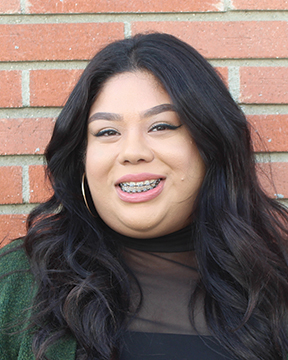

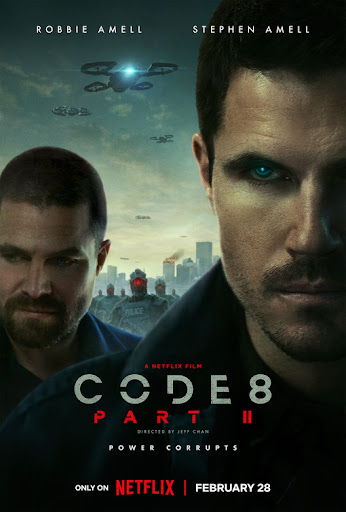
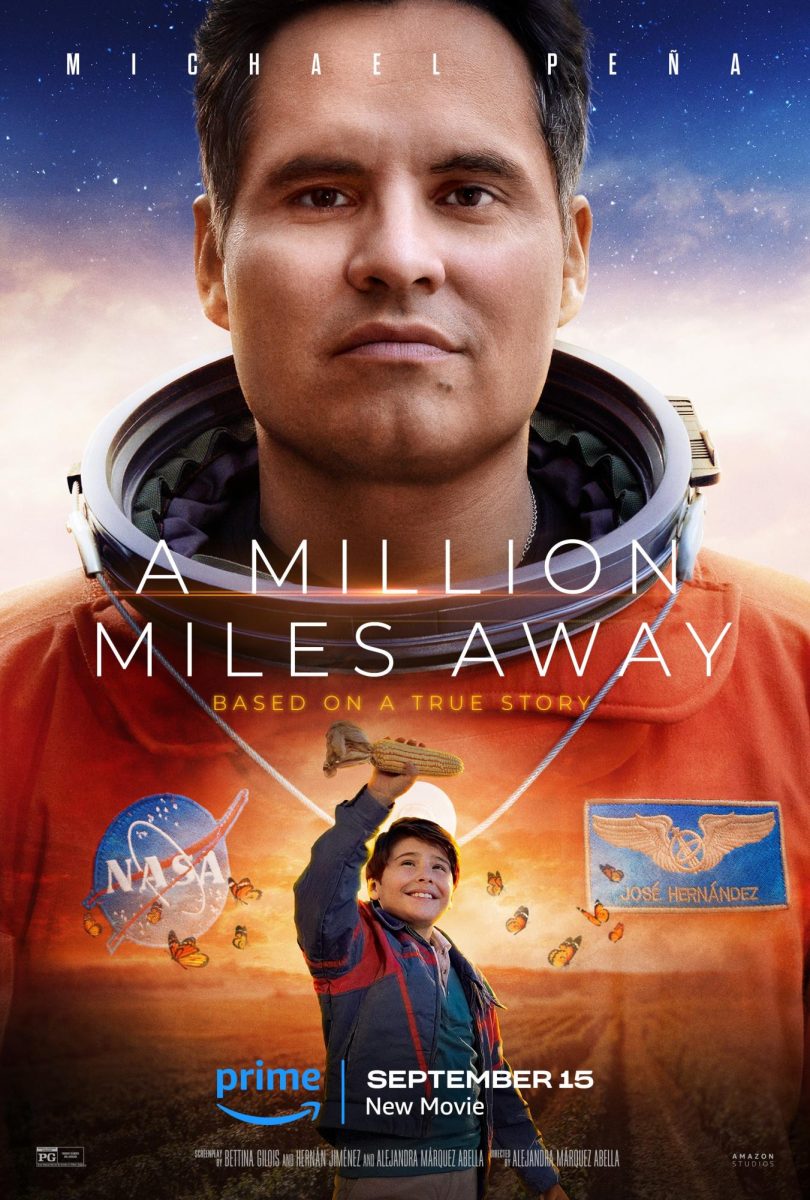
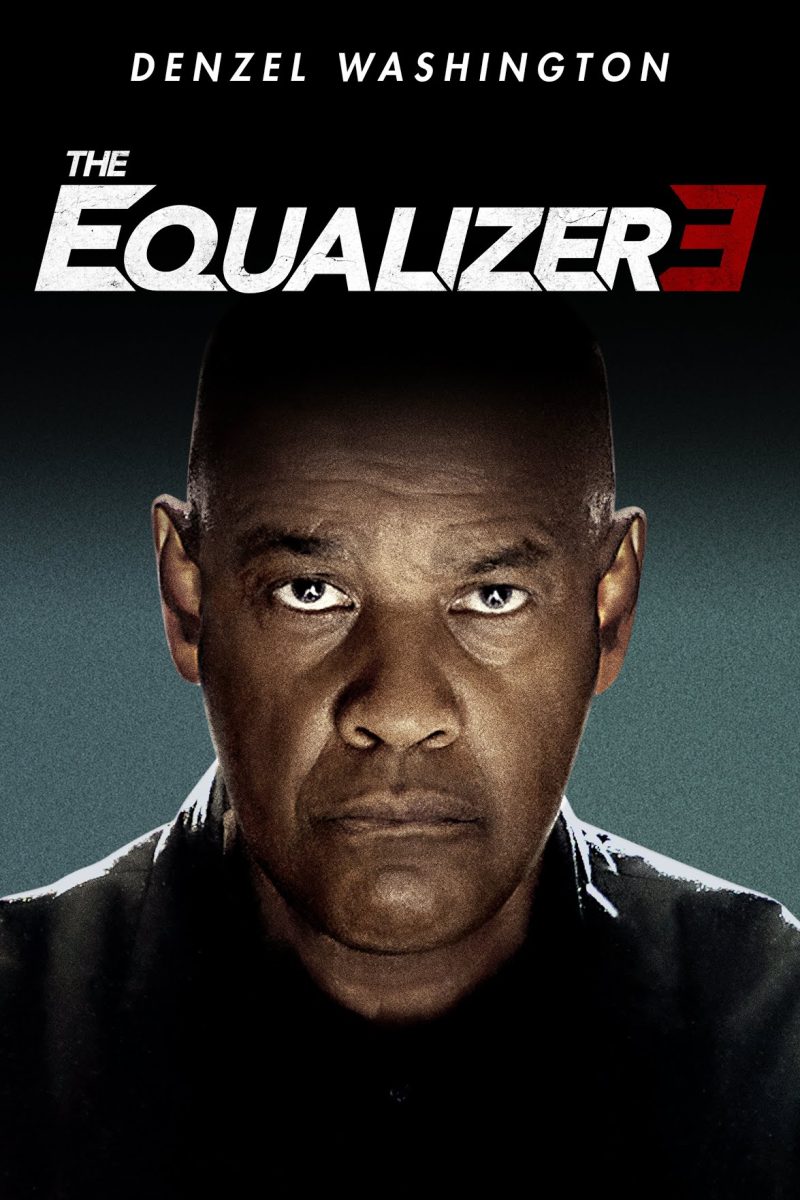
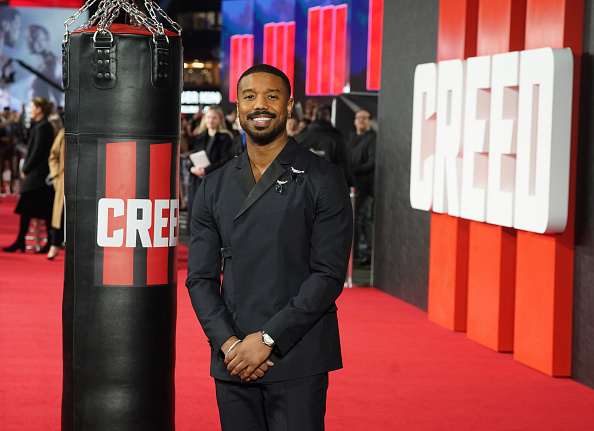
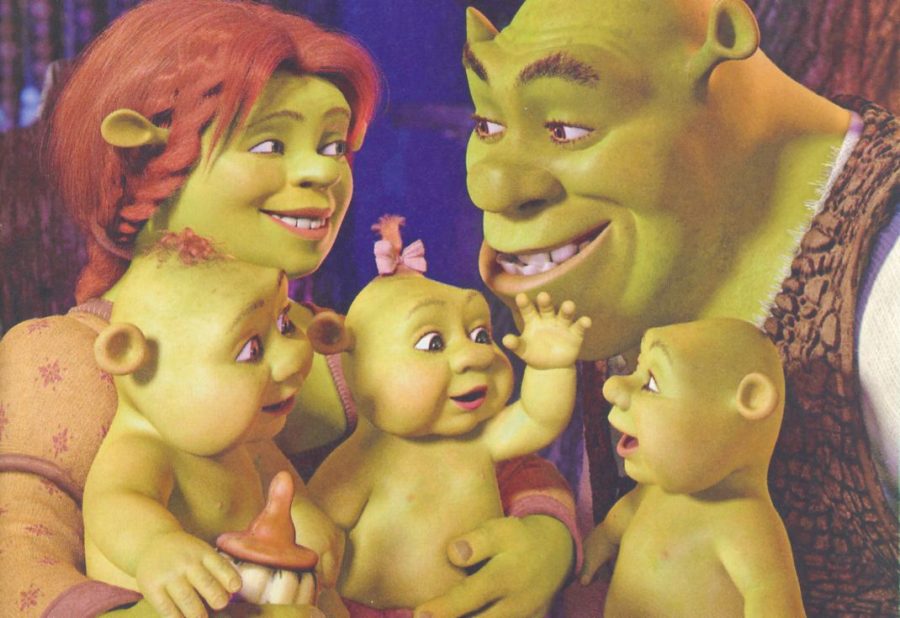

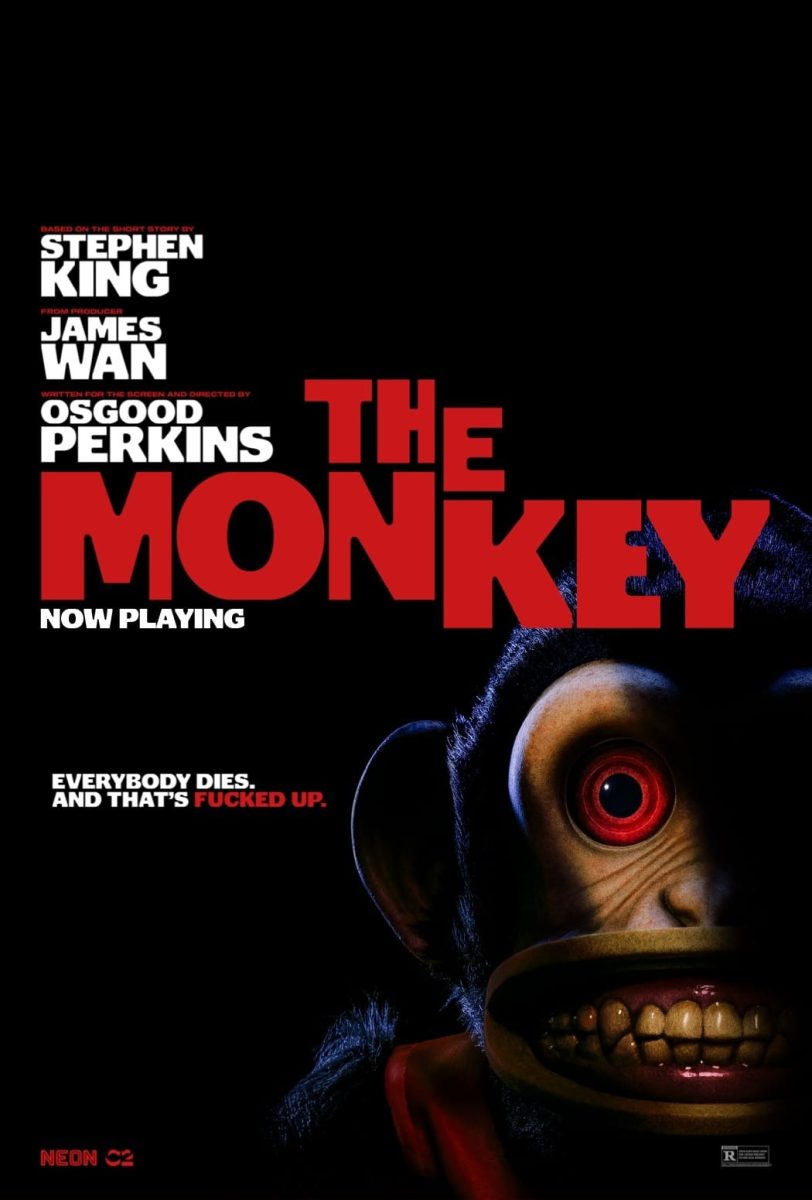

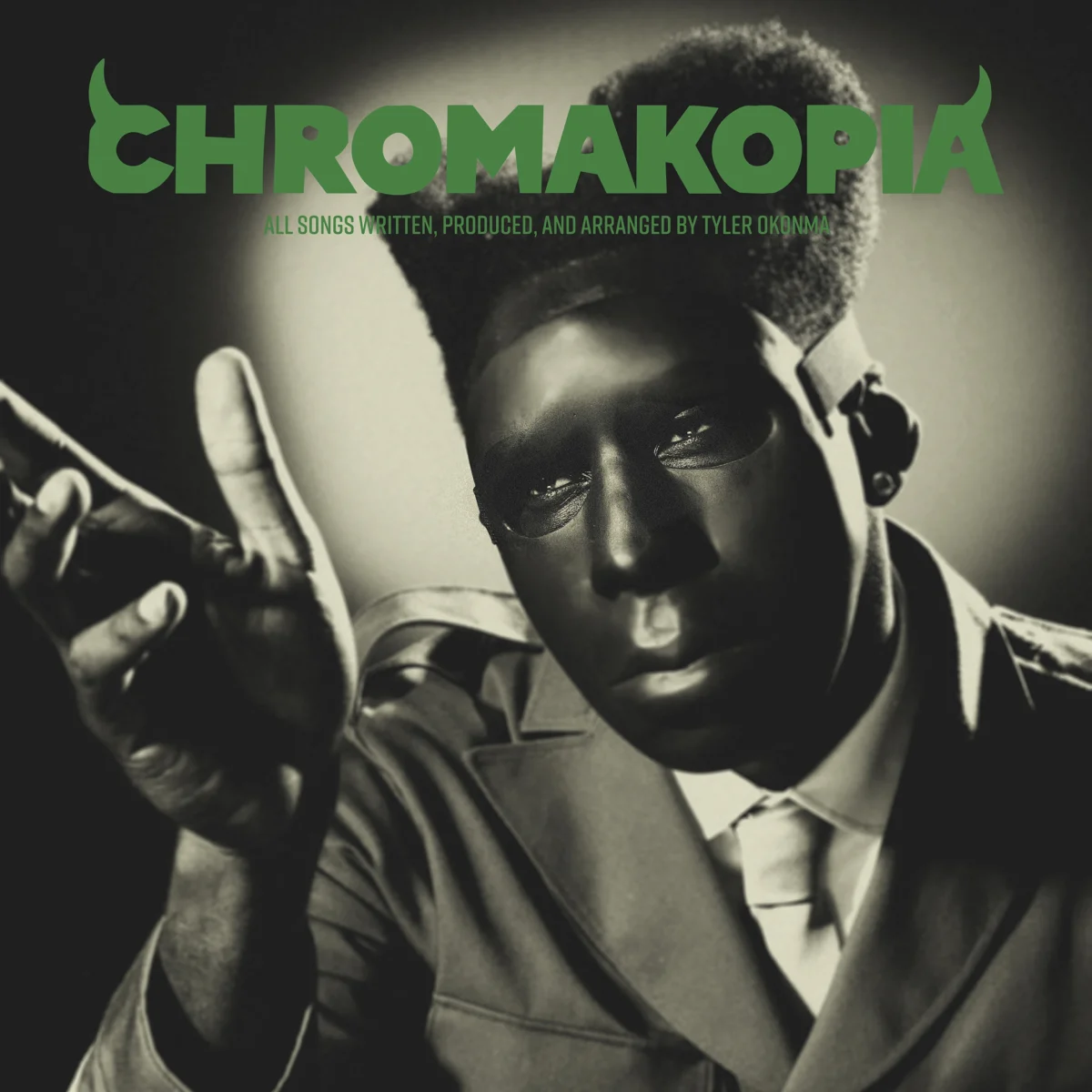


Jackie Moon • Jun 3, 2018 at 9:08 pm
I’m all for everyone deserves fair treatment I understand where the show may be coming from, but as I am a white male I see this as somewhat offensive. This show portrays how all white people are ignorant and how actions that happened over 100 years ago still cause white people to be looked at poorly. I view every race the same but to me, if their was a show called “Dear Black People” a civil war would be started and the actors/writers would be viewed as white supremacist who support white rights and white power. Not only that, but the show would automatically be sued and would not be shown on Netflix. I say instead of “Dear White People” we make a show called “Dear America” and portray the views of our American citizens regardless of race and the problems that have been faced for them